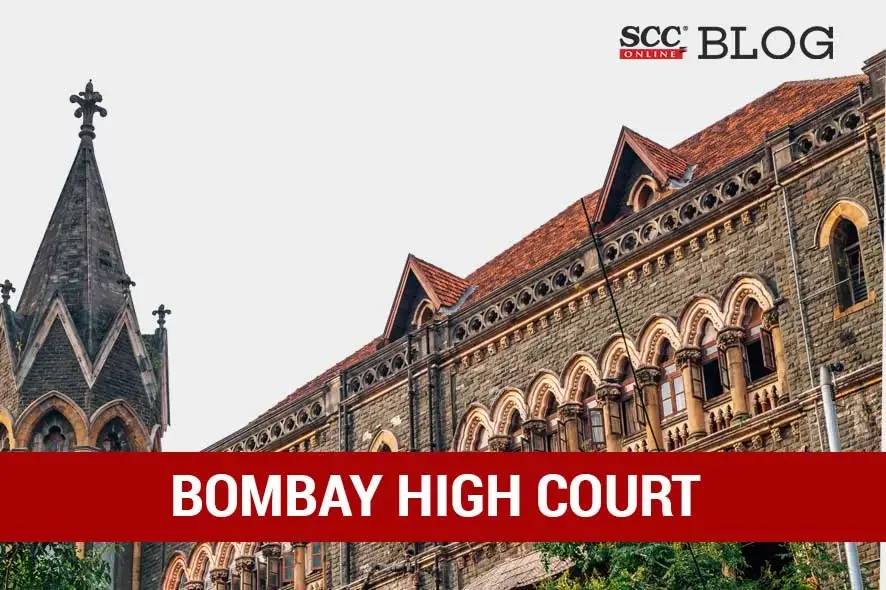Bombay High Court: A criminal appeal was filed assailing the judgment and order of conviction dated 26-10-2016 passed by the Additional Sessions Judge holding appellant guilty for offence punishable under section 302 of Penal Code, 1860 (IPC) and thereby sentencing him to suffer imprisonment for life and to pay fine. A division bench of Vibha Kankanwadi and Abhay S. Waghwase, JJ., dismissed the appeal on the ground that strong incriminating circumstances coupled with child witness testimony confirming the culpability of appellant.
The appellant returned home and demanded food from the deceased wife, and she suggested the appellant to eat food prepared in the morning but assured to prepare fresh food after some time. The appellant got enraged, and went to another room, only to return with the axe and gave a blow with the handle of the axe on her back and after that gave a blow on the back side of the ear of his wife. She collapsed. The appellant took his son and attended the police station and gave information. The Investigating Officer verified the information, based on which the crime was registered and subsequently investigated, and the accused was duly charge-sheeted.
The Court noted that evidence of child witness assumes importance as the child was very much available in the house when the alleged incident took place. His evidence is seriously challenged before us on two counts, it is the testimony of a child witness, who is susceptible to tutoring and secondly, there is no independent corroboration which the law requires while accepting child testimony. On critical evaluation of the child witness account, despite extensive and lengthy cross, his presence in the house was never rendered doubtful. Even the occurrence narrated by the child remained unchallenged. The crucial aspect of assault with the axe near the ear finds corroboration by the autopsy doctor, therefore, eyewitness account found support from the medical account.
The Court further noted that the child witness account needs to be carefully appreciated and should not be directly relied on unless there is another corroborating or incriminating material. If the child witness account inspires confidence, the same can be acted upon. On the submission that the child did not speak of other several blows on the dead body of the deceased, but the autopsy doctor has noted 6 injuries over the dead body, the Court observed that “child witness was barely studying in third standard. He has unfortunately witnessed assault with deadly weapon on his mother by his father and child of tender age must be awestruck and spellbound on seeing the assault. He is not expected to count the number of blows or to reproduce the number of blows while deposing in a witness box. We have already found that the injury which turned out to be fatal was an injury caused behind the ear, the child spoke about assault on ear part. Therefore, we do not find any force in the above submission.”
The Court concluded that the child has flatly denied the suggestion that he has been tutored, thus, the testimony of the child need not be discredited. The deceased wife met fatal injuries in the house and there is no other defense raised by the appellant in the Trial Court nor has any plea of alibi been taken recourse to. Under such circumstances, he being custodian of his wife and his child confirming his presence, he must explain the fatal injuries suffered by his wife in his house, however, except for the denial in section 313 of CrPC, no explanation was given. Therefore, the conduct of the appellant visiting police station and passing information and failing to explain the unnatural death of his wife, provisions under section 8 as well as section 106 of Evidence Act both come into play. Thus, no perversity was made out in the appeal.
[Kailash v State of Maharashtra, 2023 SCC OnLine Bom 2594, decided on 04-12-2023]
Advocates who appeared in this case :
Mr. Gajanan G. Kadam, Advocate for Appellant.
Mr. A. M. Phule, APP for Respondent – State.








